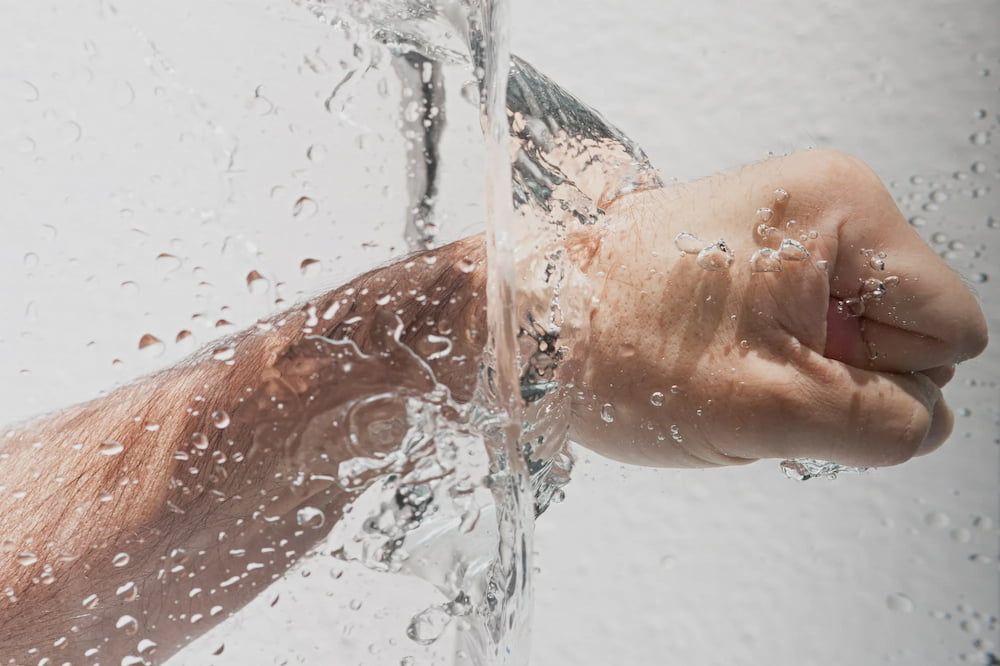Exploring The Long Term Effects Of Binge Drinking
Millions of people across the UK engage in regular binge drinking, making it seem socially acceptable.
Whilst a little drink on occasion may be fine, overconsumption in a short space of time with the main purpose being to get drunk is not fine, and you should find ways to manage the habit of binge drinking before it becomes a serious addiction.
Not only can binge drinking lead to alcohol addiction, but it can also cause long-term side effects, so let's take a look at the differences between binge drinking and alcohol addiction, and what alcohol can do to the body in the long term.
What Is Binge Drinking
Binge drinking is the phrase used for drinking a lot of alcohol in a short amount of time to result in feeling drunk.
It's common in social settings or during events where alcohol is readily available. And is also seen to be normal.
Drinking large amounts of alcohol on a regular basis can lead to chronic diseases and other serious problems.
Signs Your Drinking Is Getting Out of Control
If you are a regular binge drinker, you may be in denial about your drinking and think it isn't too much of a problem.
If you regularly engage in binge drinking behaviours, it is common that you may have developed an addiction.
Some of the common symptoms of an alcohol addiction include:
Behavioural
- Drinking heavily alone
- Lying about drinking habits
- Heavy drinking or binge drinking
- Drinking first thing in the morning
- Losing interest in hobbies
- Neglecting responsibilities
Physical
- Alcohol tolerance, needing to drink more to feel the desired effects
- Headaches
- Weight loss or gain
- Lack of personal hygiene
- Withdrawals when alcohol isn't in the system
- Insomnia
If you are suffering from an alcohol addiction, don't be afraid to reach out and get the help you need.
What Does Alcohol Do to The Body?
Over time, frequent alcohol use can lead to lifetime damage to the organs and systems in your body. Let's take a look at some of the common problems caused by alcohol,
Heart
- High blood pressure
- Irregular heartbeats
- Weakening of the heart muscle
- Increased risk of stroke
All of these problems can increase your risk of heart disease.
Liver
Each time your liver filters alcohol, some of the liver cells die. The liver can regenerate new cells, however, over time, the constant use of alcohol can cause the liver to struggle to regenerate new cells.
This can lead to permanent and lifelong damage to the liver, increasing your risk of liver disease.
Some of the symptoms of liver disease include:
- Jaundice
- Abdominal pain and swelling
- Fatigue
- Nausea and loss of appetite
- Change in urine and poo
- Itchy hands and feet
- Easily bruising and bleeding
- Spider-like blood vessels on the skin
You should seek medical attention if you feel you are affected by any of these symptoms.
Brain
Alcohol is a central nervous system depressant, meaning it slows down brain function. Alcohol misuse can cause brain damage over time.
Which can lead to an increased risk of certain cancers, along with cognitive impairment, dementia, and an increased risk of mental health disorders such as depression and anxiety.
Immune System
Alcohol consumption weakens the immune system, making it difficult for the body to fight off bacteria. This means you may get ill more frequently.
Having a weak immune system will damage the body's ability to fight off illnesses, therefore making it harder for you to recover.
Difference Between Addiction and Binge Drinking
Alcohol addiction is when your body relies on alcohol to function and no matter how much you try to stop drinking, you can't. You get withdrawal symptoms when there's no alcohol in your system and you may have detached yourself from family and friends.
Binge drinking is when you drink to get drunk and drink a high amount of alcohol in a short period of time. Frequent binge drinking can lead to alcohol addiction, so you must reach out for help if you feel your frequent drinking has become a problem.
Things to Do Instead of Binge Drinking
Binge drinking typically occurs when out drinking socially with friends. If you feel you have to be drunk to have fun, you may just be out with the wrong people.
Binge drinking isn't worth the damaging effects it has on the body, some things you could try with friends that don't include alcohol are,
Go Alcohol-Free
Try alcohol-free alternatives to alcohol, mocktails and alcohol-free beers and gins are great options if you want to lay off the alcohol but still want to feel like you are having a treat.
Without all the negative side effects of alcohol. Enjoy a night of alcohol-free and wake up hangover-free!
Enjoy Live Entertainment
Live entertainment like comedy shows, live music events or bingo can be a really fun alternative to spending your Saturday night getting drunk and then spending your Sunday recovering from the alcohol.
Making memories with friends and having fun will put you at a lower risk of developing alcohol-related diseases, whilst helping you to live in the moment.
Do You Want to Stop Alcohol Use?
If you feel your binge drinking is getting out of hand and you are struggling to control your habits, then you must reach out to a healthcare professional or addictions specialist. We can guide you in the right direction.
At Rehubs we specialise in helping people to recover from addiction and maintain abstinence for years to come. Our plans are tailored to suit each individual and we have a great support network available to access throughout recovery.
If you feel your alcohol use has become a problem, reach out to us today and start the journey to recovery.
Share this
You May Also Like
These Related Stories

The Key Dangers Of Binge Drinking

What Is Binge Drinking? A Helpful Guide



No Comments Yet
Let us know what you think